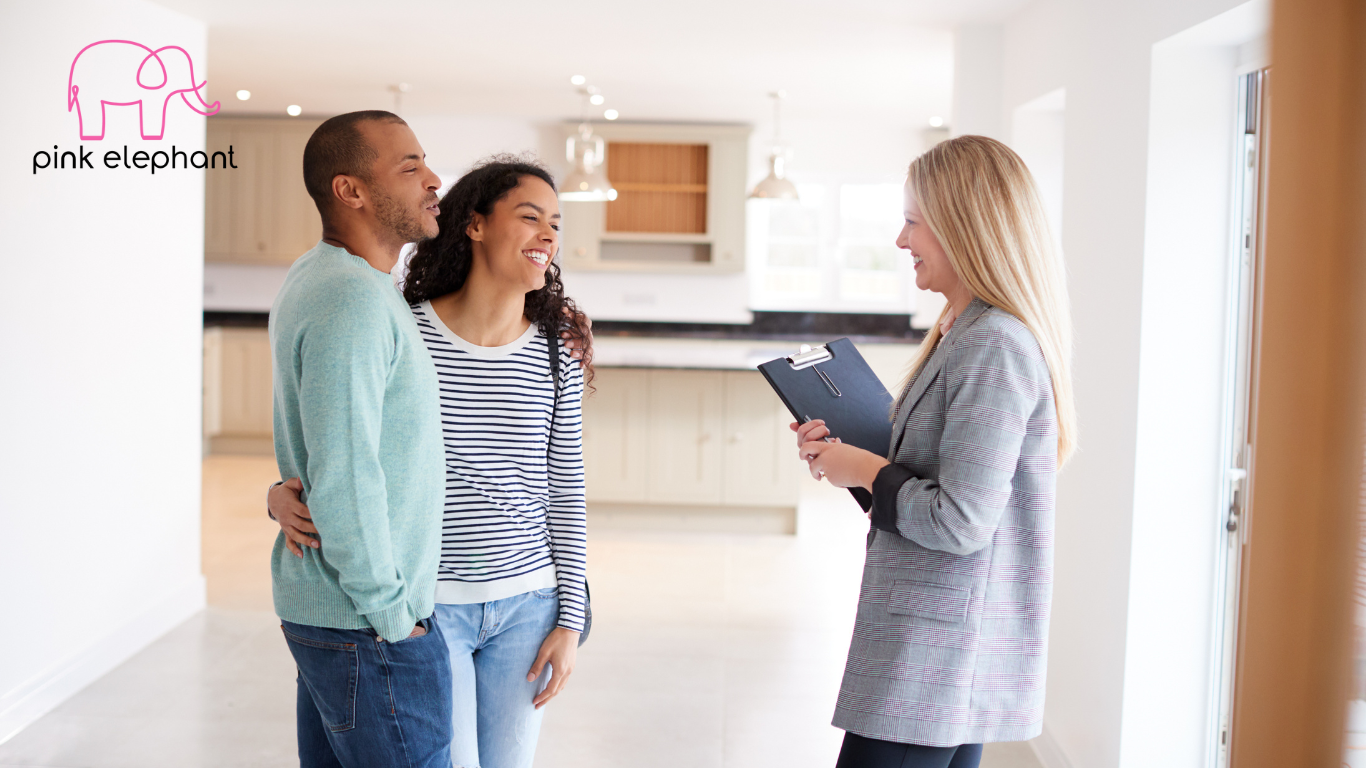10 Questions to Ask When Viewing a Rental Property

Whether you are looking to rent an apartment in the city centre or a cosy semi-detached house in the suburbs, the UK rental market offers a vast array of properties.
There are countless rental properties available in the UK due to its rich architectural past. However, this variety presents potential tenants with the challenge of sifting through countless listings to find their dream home.
Why Ask Questions During Property Viewing?
Viewing a potential rental property is much more than just a visual appraisal. It’s an opportunity to delve beneath the surface and discover whether the property truly meets your needs, budget, and lifestyle expectations.
Coming prepared with a set of strategic questions is key to this process. It helps you evaluate the property in depth, uncover potential hidden issues, and ultimately prevents regrettable surprises after signing the lease agreement.
Top Ten Questions to Ask
Once you’ve completed your property search and identified which rental homes fit your criteria, it’s time to think about viewings.
As a prospective tenant, you will likely attend at least one or two viewings before finalising your move-in decision.
Let’s acknowledge the fact that property descriptions and online images and videos only provide limited information. Keeping this in mind, how should you approach viewings and what kind of questions should you ask?
1: What Is Included in the Rent?
This is one of the most crucial questions you should ask. Does the rent cover only the accommodation or are there utilities included like water, gas, electricity, or even internet and TV licence? This is fundamental for planning your monthly budget and understanding if the rental is within your financial reach.
2: How Long is the Lease Term?
The lease term could greatly affect your plans. Are you looking for a short-term rental, or do you intend to stay for a longer period?
Knowing the duration of the lease agreement gives you a clear picture of how long you can call this place home and also influences your plans regarding personalising the space.
3: What is the policy on renewing the lease?
It’s also important to understand the renewal policy. Some landlords might require a notice period for renewal, or there might be conditions for an automatic renewal. Being clear on this can save you from last-minute hassles and provide you with long-term security.
4: Who is responsible for repairs and maintenance?
The responsibility of repairs and maintenance varies. While most of the structural and major repairs are usually the landlord’s responsibility, minor repairs or damages caused by the tenant might fall under your purview.
It’s also important to clarify how to report any issues and the expected timeframe for repairs.
5: Can I personalise the space?
How much can you make the rental property your own? This might include decorating, painting, or even changing some minor fixtures.
Some landlords are open to changes (with some conditions), while others might prefer you to keep everything as is. Knowing this can significantly affect how much you feel at home in your new rental.
6: What is the policy on pets?
If you’re a pet owner or plan to be, this is a must-ask question. Some properties might have strict no-pet policies, while others might be more flexible but require additional deposits or fees.
7: What is the neighbourhood like?
This question goes beyond the physical property. It’s about understanding the lifestyle, safety, and convenience the location offers.
Consider asking about amenities like shops, parks, schools, and public transport links. Also, ask about the noise level and safety of the neighbourhood.
8: What is the property’s energy efficiency rating?
The energy efficiency rating of the property not only affects your utility bills but also your carbon footprint.
High-efficiency homes are not just better insulated and more comfortable, they’re also more cost-effective to heat and cool. This is often indicated in an Energy Performance Certificate (EPC) which landlords should provide.
Minimum Energy Efficiency Standards (MEES) require landlords to make sure rental properties have an Energy Performance Certificate rating of at least an ‘E-‘.
9: Are there any additional fees or charges?
There might be hidden costs you should be aware of, such as service charges, agency fees, parking permits, or even charges for communal facilities. It’s vital to uncover these additional costs during the property viewing to avoid any unwelcome financial surprises.
10: What is the process for getting the security deposit back?
Knowing the process and conditions for the return of your security deposit can save a lot of potential disputes at the end of your tenancy. Ask about any conditions that might cause deductions from your deposit, such as damage to the property or unpaid rent.
There may be other questions you need to ask to figure out if the property is suitable for your specific circumstances, and you must do your best to get these queries answered, no matter how obvious or irrelevant they may seem.
When carrying out a property viewing, it’s important to be curious and thorough. Remind yourself that this is somewhere you could be living for months or even years, so you shouldn’t leave any detail to chance.
